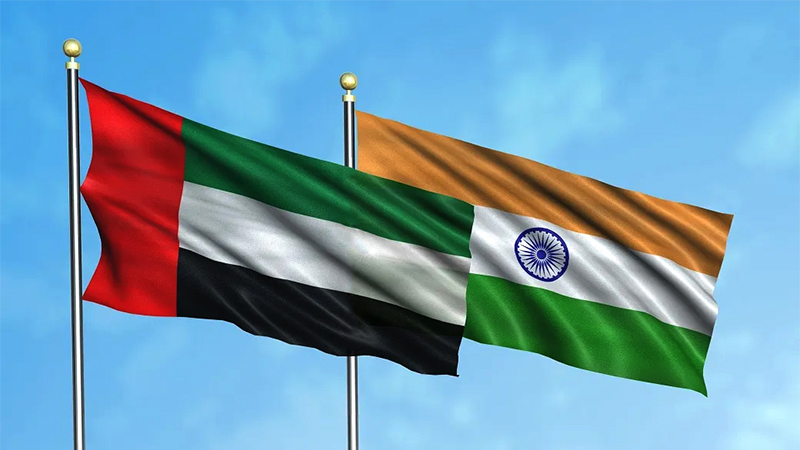The Union Cabinet, chaired by Indian Prime Minister Narendra Modi on February 1, approved the signing and ratification of a Bilateral Investment Treaty (BIT) with the United Arab Emirates (UAE). The treaty gains significance as it is expected to boost investments between the two countries.
Quite interestingly, the Interim Budget that was presented the same day focussed on economic policies that fostered growth and facilitated inclusive development across various sections.
The BIT will cover a range of areas, including manufacturing and foreign direct investment (FDI), besides overseas direct investment (ODI) opportunities that would positively impact employment generation. Large investors can view this favourably as the treaty is poised to enhance their confidence.
The pact follows the implementation of a free trade agreement called CEPA (Comprehensive Economic Partnership Agreement) signed between India and the UAE, in May 2022. CEPA’s vision is to see exponential growth in trade between the two nations, in the light of India striving hard to attract foreign investments. The UAE has also been offering numerous incentives to investors, and promoting entrepreneurship.
According to the World Investment Report 2023, the value of FDI inflows to the UAE in 2022 amounted to $22.737 billion lifting the country to the 16th rank globally. And, in West Asia, the UAE was ranked 1st as it received 47.1% of the total FDI inflows to the region, amounting to $48.3 billion.
Against this backdrop, the BIT would certainly strengthen bonds and promote sustained economic growth between the two nations whose cultural ties and trade relations have been going strong for centuries.


Leave a Reply